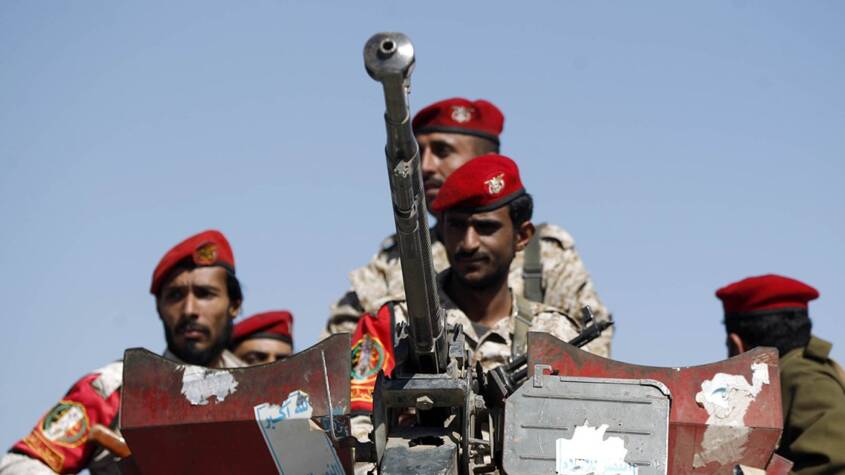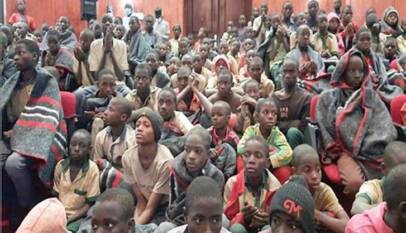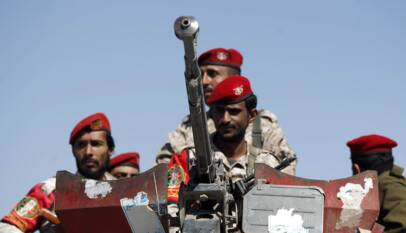The United Nations has issued a stark warning about the deteriorating humanitarian situation in Yemen, where ongoing conflict continues to wreak havoc on the civilian population. As the war in Yemen enters its tenth year, millions of people are facing acute food insecurity, displacement, and a lack of basic services, making it one of the world’s worst humanitarian crises.
Background of the Yemen Conflict
The conflict in Yemen began in 2014 when Houthi rebels, backed by Iran, seized control of the capital, Sanaa, and ousted the government led by President Abdrabbuh Mansur Hadi. In response, a Saudi-led coalition intervened in 2015, launching airstrikes and ground operations to restore the Hadi government. However, the conflict quickly escalated into a protracted war, with multiple factions vying for control and civilians caught in the crossfire.
Over the years, the war has resulted in the deaths of tens of thousands of people, both combatants and civilians. The destruction of infrastructure, including hospitals, schools, and water facilities, has left much of the country in ruins. The blockade imposed by the Saudi-led coalition has further exacerbated the situation, restricting the flow of food, medicine, and other essential supplies into the country.
Current Humanitarian Situation
As of 2024, the humanitarian situation in Yemen has reached catastrophic levels. According to the UN, more than 24 million people—approximately 80% of the population—are in need of humanitarian assistance. The country is on the brink of famine, with millions of children suffering from severe malnutrition. The collapse of public services has left millions without access to clean water, healthcare, and sanitation, leading to the spread of diseases such as cholera and COVID-19.
Displacement is another major issue, with more than 4 million Yemenis forced to flee their homes due to violence and insecurity. Many of these displaced people live in overcrowded camps with limited access to basic services, making them highly vulnerable to disease and exploitation. The situation is particularly dire for women and children, who face heightened risks of gender-based violence, child marriage, and human trafficking.
The ongoing conflict has also made it extremely difficult for humanitarian organizations to operate in Yemen. Aid workers often face security risks, including airstrikes, shelling, and attacks by armed groups. Access to certain areas is severely restricted, further complicating efforts to deliver aid to those in need.
UN’s Call for Action
In response to the worsening crisis, the UN has called for an immediate ceasefire and the resumption of peace talks between the warring parties. The UN Special Envoy for Yemen, Hans Grundberg, has urged all sides to prioritize the needs of the civilian population and work towards a political solution to the conflict. The UN has also called on the international community to increase funding for humanitarian aid, warning that the current level of assistance is far from sufficient to meet the needs of the Yemeni people.
The UN’s humanitarian appeal for Yemen in 2024 is one of the largest in the world, but it remains significantly underfunded. With global attention focused on other crises, such as the conflict in Ukraine and the COVID-19 pandemic, Yemen has struggled to attract the necessary resources to address its humanitarian needs. The UN has stressed that without additional funding, millions of lives are at risk.
Global Response and Challenges
The international community has responded to the crisis in Yemen with varying degrees of involvement. While some countries have provided significant humanitarian aid, others have been criticized for their role in fueling the conflict. The US and the UK, for example, have faced scrutiny for their continued arms sales to Saudi Arabia, which has been accused of committing war crimes in Yemen.
Efforts to broker a peace deal have been complicated by the involvement of multiple external actors, each with their own interests in the region. Iran’s support for the Houthis and Saudi Arabia’s support for the Hadi government have turned the conflict into a proxy war, with little incentive for either side to compromise. The fractured nature of Yemen’s political landscape, with various groups controlling different parts of the country, has also made it difficult to achieve a lasting peace.
The Way Forward
The path to peace in Yemen is fraught with challenges, but it is not impossible. The UN and other international organizations have emphasized the need for a comprehensive political settlement that addresses the underlying causes of the conflict, including issues of governance, economic disparity, and regional power dynamics.
In the meantime, the priority must be to alleviate the suffering of the Yemeni people. This requires a significant increase in humanitarian aid, as well as efforts to ensure that aid reaches those who need it most. The international community must also hold all parties accountable for violations of international humanitarian law and work towards ending the blockade that has contributed to the crisis.
In conclusion, the situation in Yemen is a humanitarian catastrophe that requires urgent and sustained international attention. The UN’s warning should serve as a wake-up call to the world: the people of Yemen cannot afford to be forgotten. The international community must act now to prevent further suffering and work towards a peaceful resolution to the conflict.



































